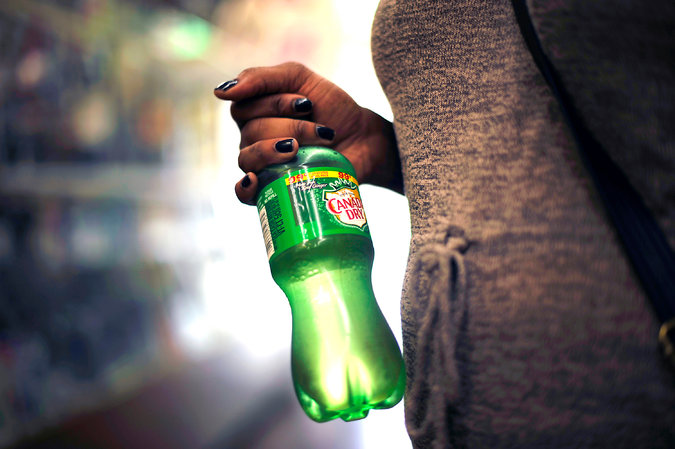 |
| 電解機能水技術領導者 |
Sugar Tax
Margot Sanger-Katz @sangerkatz AUG. 25, 2016
It may seem obvious that taxing sugary drinks causes people to drink less of them. But that’s actually controversial.
Now a new study out of Berkeley, Calif., adds to the evidence that our intuition is right.
Researchers followed residents of several low-income communities in Berkeley, San Francisco and Oakland around the time that Berkeley voters passed the country’s first big soda tax in 2014. The study found that, in the four months after the tax took effect last year, self-reported consumption of sugary drinks fell by 21 percent in the Berkeley neighborhoods, but rose by 4 percent in the other two cities.
The study, published in The American Journal of Public Health on Tuesday, also found that the Berkeley residents reported drinking more water, a sign that they were replacing sugar-sweetened beverages with something healthier.
The research was conducted using in-person surveys of neighborhood residents, a method with some problems because people are not always accurate in describing their diets. But the study is the first to assess soda drinking since the tax went into effect. And its results are consistent with research from Mexico, which passed a nationwide soda tax in 2014. In that country, sugary drink sales fell by about 17 percent among the poorest households by the end of a year.
Other research will most likely clarify the precise size of the effect. But the study seems to confirm that a soda tax will encourage low-income consumers to choose different beverages.
“At least in one city, we have found evidence that a sugar-sweetened beverage tax reduced consumption in disadvantaged communities,” said Jennifer Falbe, a postdoctoral research fellow at the University of California at Berkeley’s School of Public Health, and one of the paper’s authors.
The soft drink industry criticized the study for its survey methodology, and noted that even the recorded drop in consumption was unlikely to have a big impact on public health.

 繁體中文
繁體中文  简体中文
简体中文  English
English 


